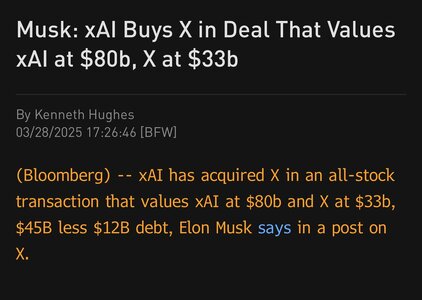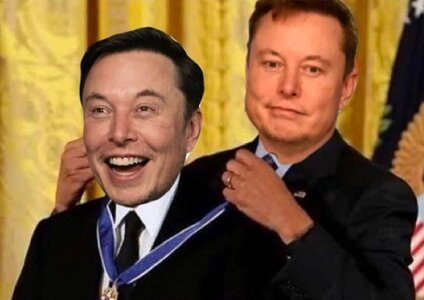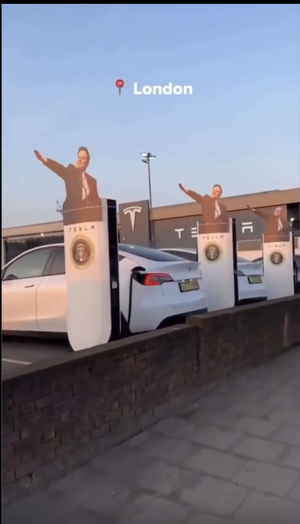Elon Musk's xAI has acquired X in a deal that values the social media platform at $33 billion and allows the value of his artificial intelligence firm to be shared with his co-investors in the company formerly known as Twitter.

www.reuters.com
March 28 (Reuters) - Elon Musk said on Friday that his xAI has acquired X, the social media app formerly known as Twitter, in an all-stock transaction for $45 billion, including $12 billion debt.
"xAI and X's futures are intertwined. Today, we officially take the step to combine the data, models, compute, distribution and talent," Musk said in a post on X, adding that the combined company would be valued at $80 billion.
-----------
He founded an ai company, raised money for it, then used that company to buy him out of owning X directly





